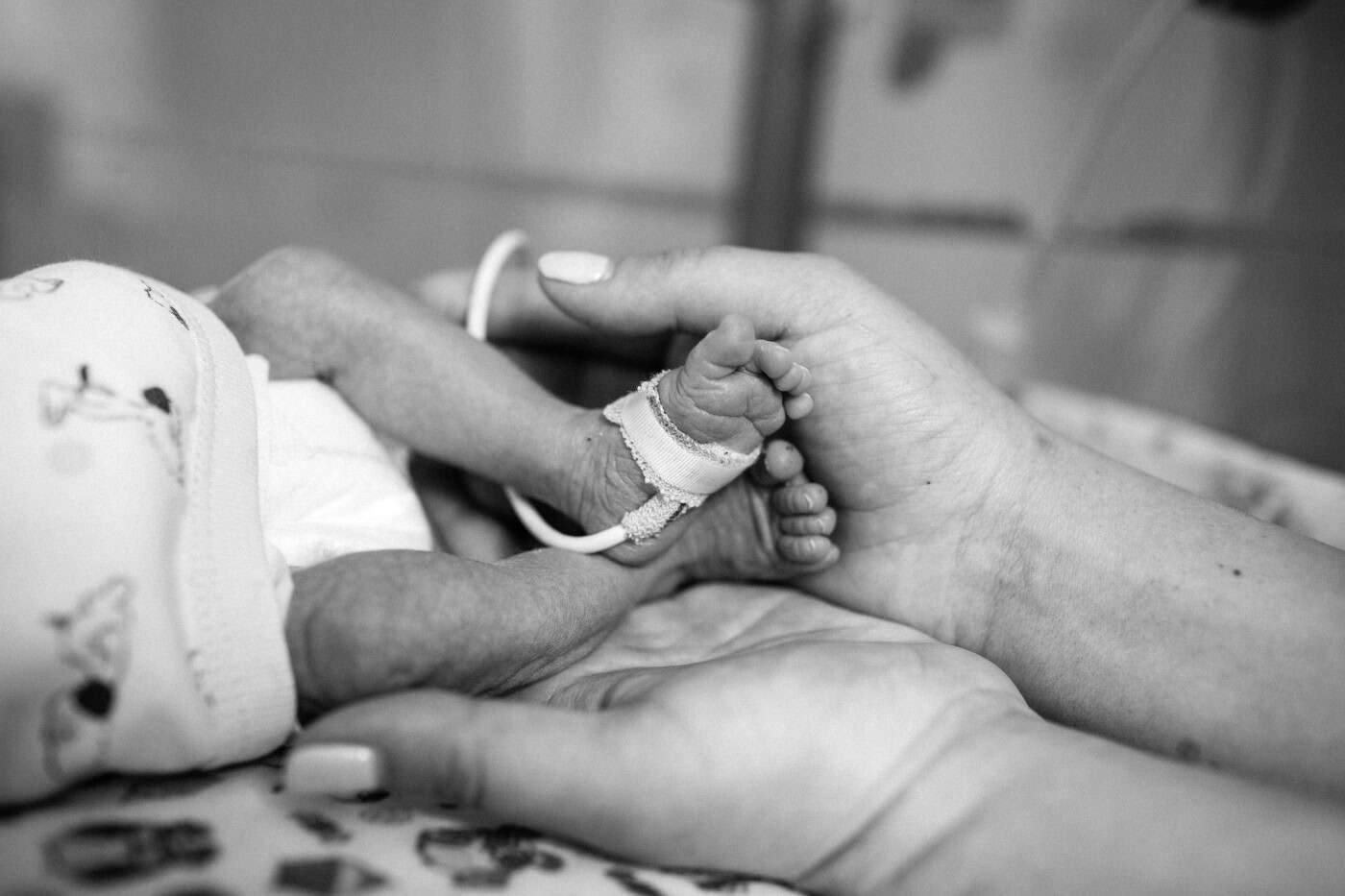
Parents’ concerns about maternity care must be heard and heeded
To improve maternity care, the Shrewsbury and NHS Trust maternity scandal highlights the need to genuinely and compassionately listen to, and act on, parents’ concerns.
Day by day, more and more is being revealed about the scale and extent of the heartbreak suffered by families affected by the widespread failings at the maternity unit of the Shrewsbury and Telford NHS Trust.
Some of the most distressing reports come from parents whose babies tragically died as a result of failings in maternity care.
In my work as Head of the Complex Injury team at Bolt Burdon Kemp, I have seen first-hand the impact of the psychological trauma experienced by mothers and fathers when a baby tragically dies as a result of poor care.
Not only do they have to cope with the unexpected and devastating loss of a child, but many will suffer PTSD (post-traumatic stress disorder) which can impact on all aspects of daily living. Parents with PTSD will often involuntarily relive the traumatic event through flashbacks and in nightmares. They may have invasive and persistent negative thoughts of the traumatic experience and also have physical symptoms including pain, sweating, feeling sick and trembling.
Over the years, my specialist team have secured compensation for a number of parents who have sustained psychiatric injury following the tragic and avoidable deaths of babies caused by substandard maternity care before, during or shortly after childbirth.
In a recent neonatal claim undertaken by my team on behalf of a child’s mother, an award in excess of half a million pounds was recovered in respect of the severe psychiatric harm our client endured, and continues to endure, owing to the tragic avoidable death of her child. The long-lasting pain and consequences of inadequate care cannot and should not be under-estimated.
I question how, after having experienced such a horrendous and traumatic ordeal, the parents of babies who died at Shrewsbury who expressed concerns to the Trust were met with a wall of silence, a lack of compassion, and, quite chillingly, told they were to blame? When one considers the depth of the trauma and loss involved, it is both difficult and uncomfortable to accept that this could still happen in a healthcare setting in this day and age.
At the very least, these parents deserved to be genuinely and compassionately listened to, to receive a full apology and an honest and open explanation of what went wrong. Moreover, they should expect reassurance that lessons had been learned and that other families would not have to go through the same tortuous experience. They also deserved support to help them to cope with and manage the impact of the psychological trauma they had experienced. PTSD can get worse, if untreated.
Instead, their complaints were suppressed and mistakes were swept under the carpet. Had these brave parents been listened to sooner, there would have been the opportunity to learn lessons, to effect positive change and to avoid the repeat of further fatal mistakes which tragically cost more babies’ lives and caused further heartbreak and trauma to more families, hence the unprecedented scale of this particular scandal.
I hope that Donna Ockendon’s review will result in a change in culture, with parents’ voices being genuinely and compassionately listened to and acted upon, ultimately resulting in better standards of care for mothers and babies.










